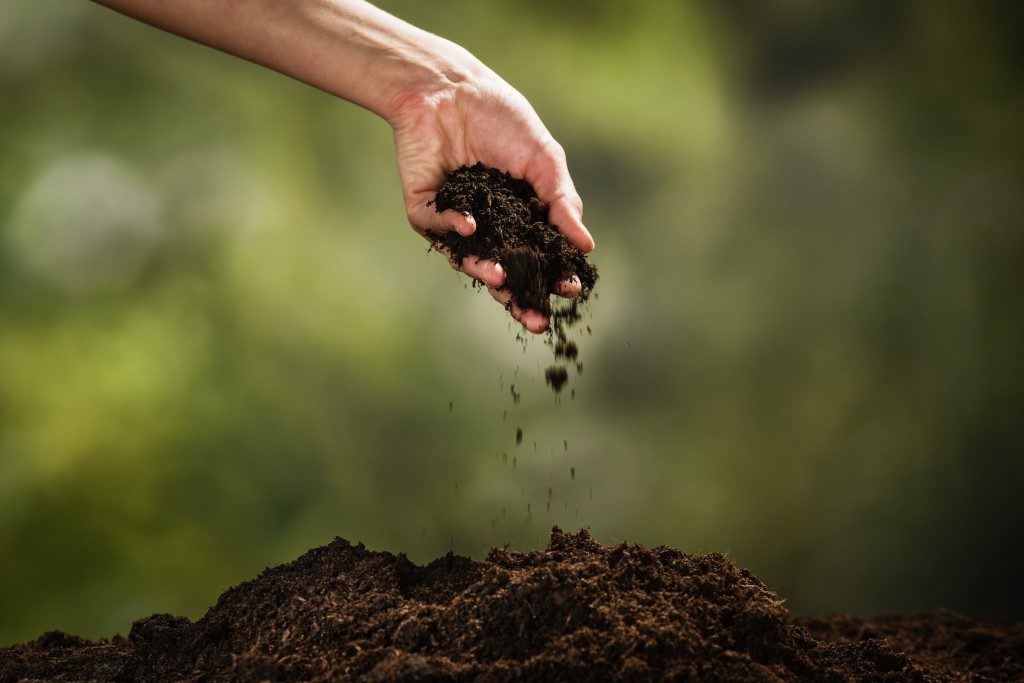Organic matter is the sustenance that is added to garden soil when they need it most. It contains 100% organic compounds, such as decaying organic matter, plants or animals. It helps feed plants, nourish the soil and improve plant quality.
The nutrients found in the soil gets depleted over time, especially if the soil in the garden is overused. You can feed and nourish it with the help of organic matter derived from plant or animal remains and compost. By feeding the soil, you will surely get the healthiest crops as you provide them with the right nutrients to help them thrive and grow.
How Garden Soil Benefits from Organic Matter
Many benefits are immediately seen after the adding of organic matter to garden soil. The major benefits include:
- Better water penetration
- Less erosion
- Reduced compaction
- Improved water holding capacity
When organic matter decays, some acids are created. These organic acids help dissolve all the minerals and nutrients that are found in the soil solution, making them available to any plant life. Gardeners want to manage levels of soil organic matter to achieve healthy plant growth, which will require organic matter levels of at least 3% to 6% total.
Natural topsoil in Utah contains 30% to 40% organic matter. A good number of garden plants can be planted at lower levels of organic matter that is found in virgin soils. But the moment the organic matter level falls below 3%, the outcomes can be severe. The nutrient holding capabilities can be reduced by 5%.
With the right knowledge and experience, it is possible to maintain ample soil organic matter in your garden. When the soil in your garden is light colored and easily sets to solid when wet, it might be high time to add organic matter.
When to Use Organic Matter

Organic matter has soluble and mineral rich nutrients as well as organic molecules that are nutrient dense. When the organic matter is added, the soil microorganisms turn to them for their soluble nutrients. Organic matter is best used in the summertime as microorganisms work very quickly during these times, but slow down during winter
How to Store Organic Matter
Organic matter can be easily stored and stocked for later use. Make sure to keep them in an area with the smallest footprint, and then cover them with waterproof material to avoid washing away their nutrients and far from the weed seeds.
On the other hand, if you are a gardener who does not have time to compost or add organic matter to the soil in your garden, you can buy topsoil from a reputable supplier in your area. This saves you time and allows you to plant a new batch of plants and flowers in no time.
Know when and what to feed your soil so that you can have healthy plants and flowers in your home garden or yard. It is also a good way to get the people in your community involved in composting and recycling activities.
